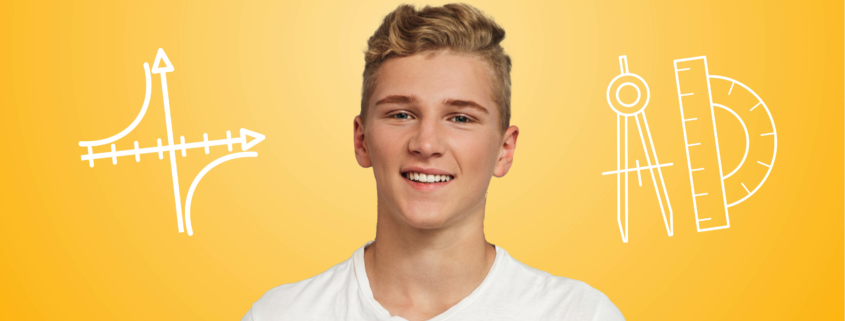Unlocking the Joy of Mathematics with SBL
How to Conquer Maths Reluctance
“I can’t do Maths.” “I don’t want to do Maths.” “I panic when I try to do Maths.”
We’ve all been there or know someone who feels this way about Maths. But what causes it? Maybe it started with a negative experience at school—one where a mistake wasn’t supported or explained. Maybe you’ve spent your life comparing yourself to a sibling, parent, or friend. Perhaps the traditional school system and its tests have graded your perceived Maths ability, making you feel inadequate. For some, the stress of timed tests and calculations can be overwhelming.
For others, the issue goes deeper. In the 1950s, the concept of “Maths anxiety” was recognised. In 1972, Richardson and Suinn defined it as: “A feeling of tension and anxiety that interferes with the manipulation of numbers and the solving of mathematical problems in ordinary life and academic situations.” This anxiety can range from mild tension to a real phobia. It can show up in different ways: avoidance, anger, low self-esteem, or even negative behaviour.
How SBL Works to Improve Students’ Relationship with Maths
We believe that everyone can do Maths.
At SBL, we recognise Maths reluctance and anxiety in our students. We use various tools to help them overcome these barriers.
We give students the ability to talk about their feelings.
This is done through student check-ins, emotional education, one-on-one mentoring, classroom support, and careful observation. We listen closely to what each student needs.
We encourage a growth mindset towards Maths.
We help students challenge unhelpful beliefs and change how they talk about Maths.
For example: “I am rubbish at long multiplication” can become, “I can’t do long multiplication yet, but with support, I will be able to achieve this.”
We value Maths.
Problem-solving and Maths are daily habits at SBL.
We set goals with our students.
Each student sets personal goals regularly, in collaboration with their mentor and parents.
We build confidence.
We praise students for their effort, not just their achievements. We encourage them to be comfortable making mistakes because that’s how they grow. We celebrate small wins as much as academic achievements.
We provide a strong foundation.
You can’t climb a ladder with missing rungs. The SBL continuum is a tool used to gauge students’ confidence in eleven different areas of Mathematics. Students can celebrate what they already know, identify gaps in their understanding, and plan what to learn next.
We make Maths fun.
Our creative facilitators work hard to make Maths engaging and practical. They use everyday objects and provide a range of learning opportunities. This approach helps students develop metacognitive skills by reflecting on which resources and methods work best for them.
We contextualise Maths.
According to Cambridge Mathematics, “Research across different countries has found that RME (Realistic Maths Education) can: increase students’ interest in mathematics; encourage class discussion; develop mathematical competence; and encourage more positive attitudes towards maths.” Our facilitators link Maths to students’ daily lives and future careers. At Primary and Middle School levels, this could involve songs or storytelling.
We encourage peer learning.
One of the best ways to understand a topic is to teach it to someone else. Whether within the class, across classes, or even between different school sections, students find teaching others an empowering experience.
We don’t put a ceiling on abilities.
At SBL, there are no “shoulds” when it comes to age or position on the Maths continuum. Students work at their own pace, supported and encouraged by their facilitators.
We take it further.
Our students don’t just become fluent in the skills on the continuum. They also learn to reason and apply their knowledge in problem-solving activities.
We personalise Maths.
Each student has their own set of skills. They regularly discuss their learning journey with their facilitator. Students choose what they want to learn and when. Once they grasp the continuum, they might opt to study for iGCSE or A-Level Maths. This is done with a personalised plan created alongside their mentor.
Our facilitators work tirelessly to build resilience, foster enjoyment, and improve self-efficacy in Maths. But the SBL Continuum requires collaboration from everyone involved.
When this collaboration is at its best, Maths becomes a subject that empowers. It shows students that Maths is a beautiful language that can be explored with curiosity and a spirit of adventure.
This is what we do at School Beyond Limitations.




Leave a Reply
Want to join the discussion?Feel free to contribute!